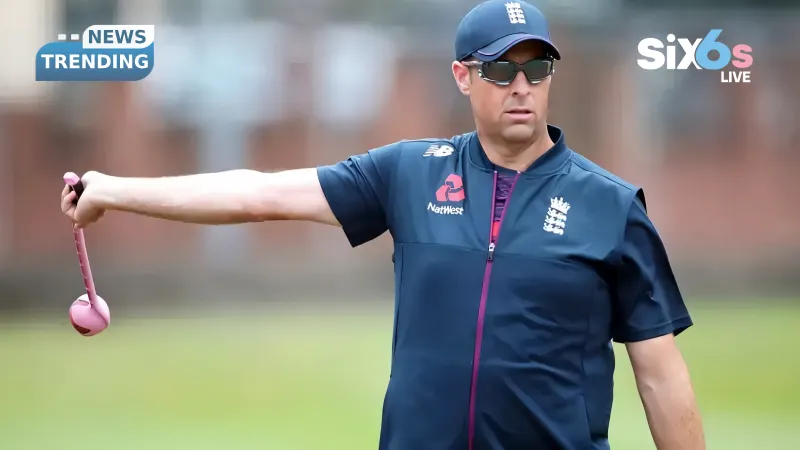Let’s say you happened to find yourself at the Utilita Bowl, sitting beside Marcus Trescothick, England’s lion-hearted opener from the early 2000s, wearing a shocking green Southern Brave cap. Trescothick, after all, personified both Somerset and England, not franchise cricket. Now, at 49, he is starting a new adventure with Southern Brave as their men’s batting coach and has been given a taste of the world he has long viewed from a distance. And it is remarkably interesting to see someone such traditionalist embrace a fast-paced T20 world.
A Fresh Perspective on Franchise Cricket
Trescothick’s debut in the Hundred is more than just a shift in career: it is an opportunity to learn. He has T20 heritage, with a fifty off 13 balls and a career strike rate of 150. In addition to the two matches at the 2009 Champions League, he has had next to no experience in franchise cricket. To be fair, that was a long time ago, and part of it was to do with my anxiety and depression.
What’s striking is his analytical yet grounded view. He anticipated heavy involvement from owners and outside influences, but found the Hundred closer to international cricket than expected. “You’re working with the best players from county cricket, seeing big crowds, and competing against the top talents—it’s exactly what you want for player development,” he explains. For a man whose coached England’s batters for six years, this exposure to a new cricketing ecosystem is invaluable, not just for him but for the young players he’s mentoring.
Grooming the Stars of Tomorrow
If there’s one thing Trescothick relishes about the Hundred, it’s the platform it provides for emerging talent. James Coles, Tom Lawes, Tawanda Muyeye, and Sonny Baker are just a few young names getting early exposure against the world’s best. He believes that facing top-quality opposition early can make a massive difference when these players step onto international stages.
This encouragement mindset encapsulates his coaching philosophy: it’s not about runs or wickets – it’s about confidence, aggression, and the right mental frame. It could be formal discussions down at the cafe, or even a social game of golf, but Trescothick is firm that he needs to know his players off the field as well as on it, and then create the context for them to go out and play the best when it matters most.
The Hundred, the Future, and the Southwest
While he enjoys his stint with Southern Brave, Marcus Trescothick hasn’t forgotten his roots. He’s candid about the divisive nature of the Hundred, especially among Somerset supporters, and is a strong advocate for a south-west franchise based in Taunton. Imagine that regularly in Taunton—it would grow the game in the region,” he says.
For him, it’s a vision bigger than just one tournament: a chance to strengthen local cricket culture while keeping fans excited and connected. Beyond the Hundred, Trescothick is back with England for the upcoming white-ball tours and T20Is, keen to continue expanding his coaching resume.
FAQs
Q1. Why did Trescothick avoid franchise cricket earlier in his career?
His battle with anxiety and depression made long stints abroad, like in India, unmanageable.
Q2. What makes the Hundred appealing to Trescothick?
It provides young players with exposure against top-quality opposition and helps develop their skills for international cricket.
Q3. Which young players has Trescothick highlighted in the Hundred?
James Coles, Tom Lawes, Tawanda Muyeye, and Sonny Baker are among the young talents he’s mentoring.
Stay updated on the latest cricket news and exciting updates at Six6slive. Dive into our in-depth articles and analyses to connect with the action today!
